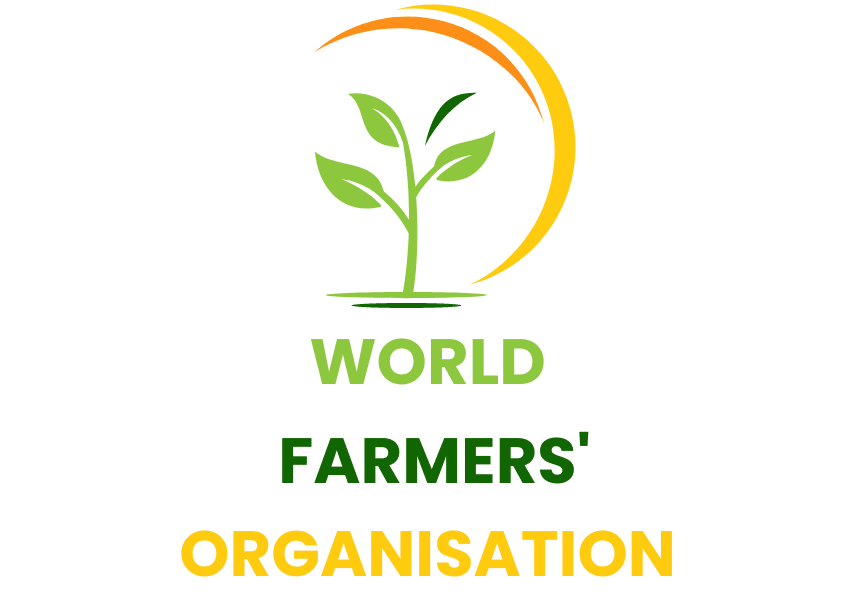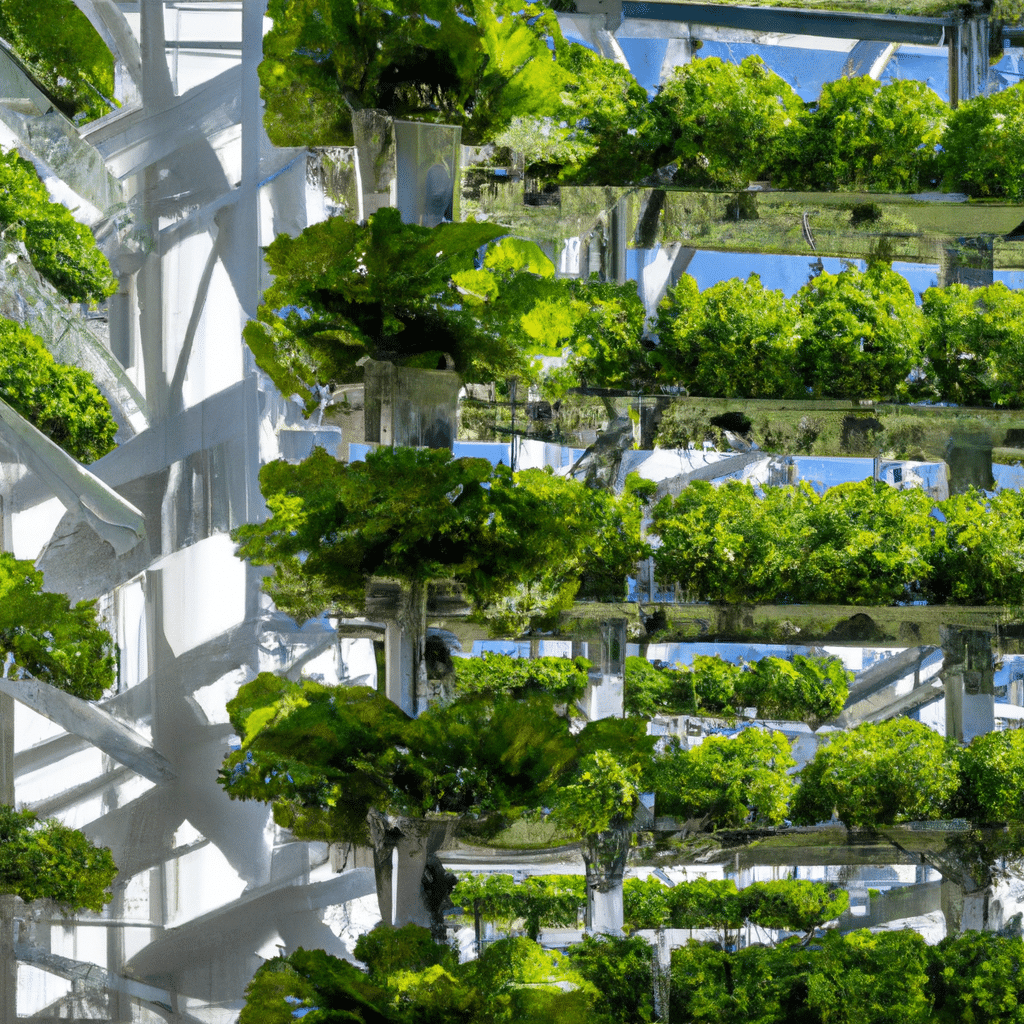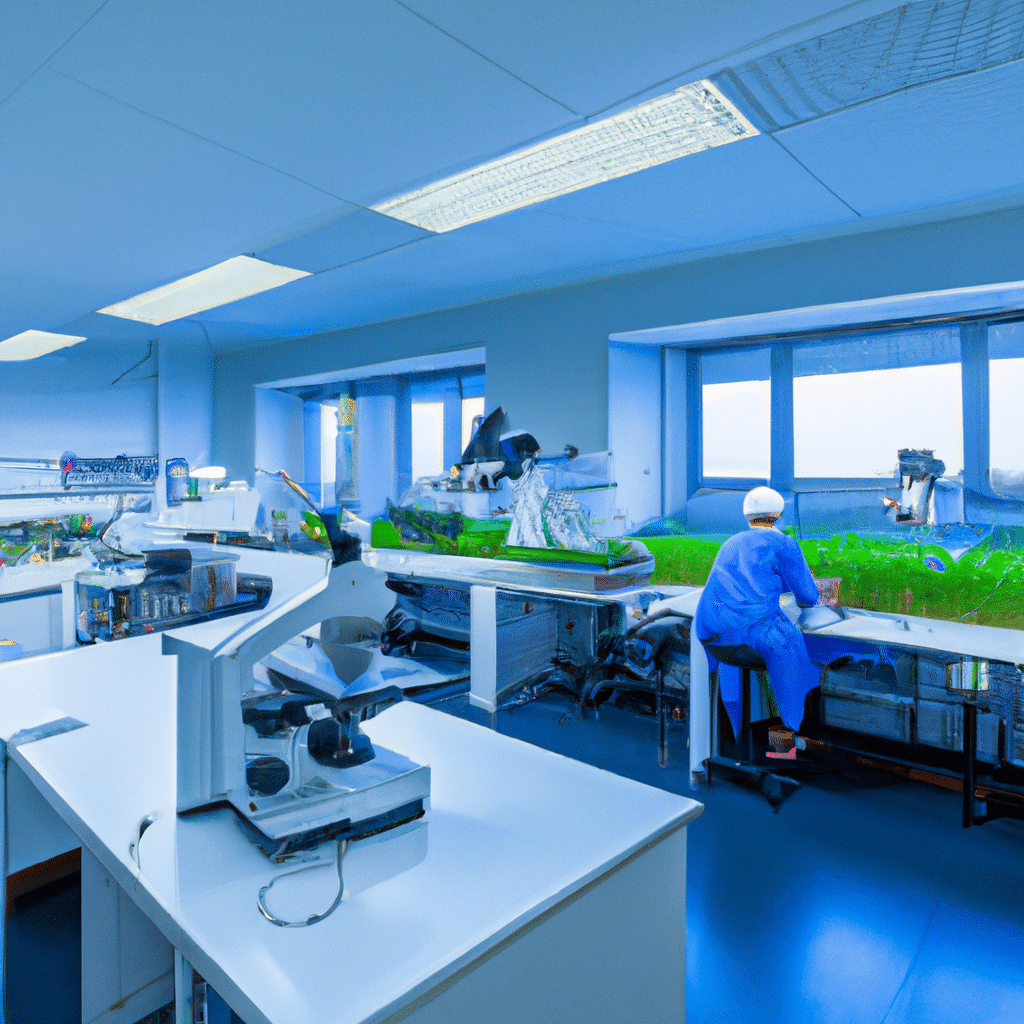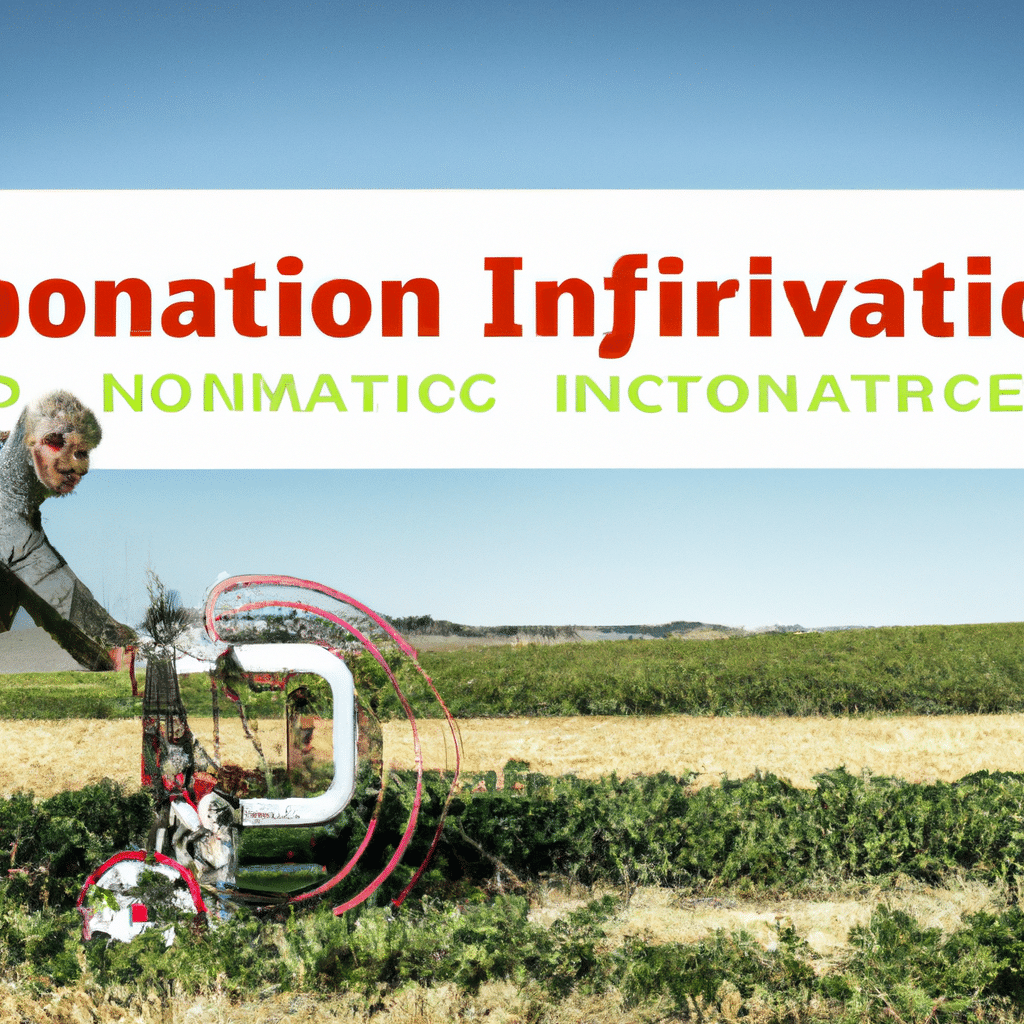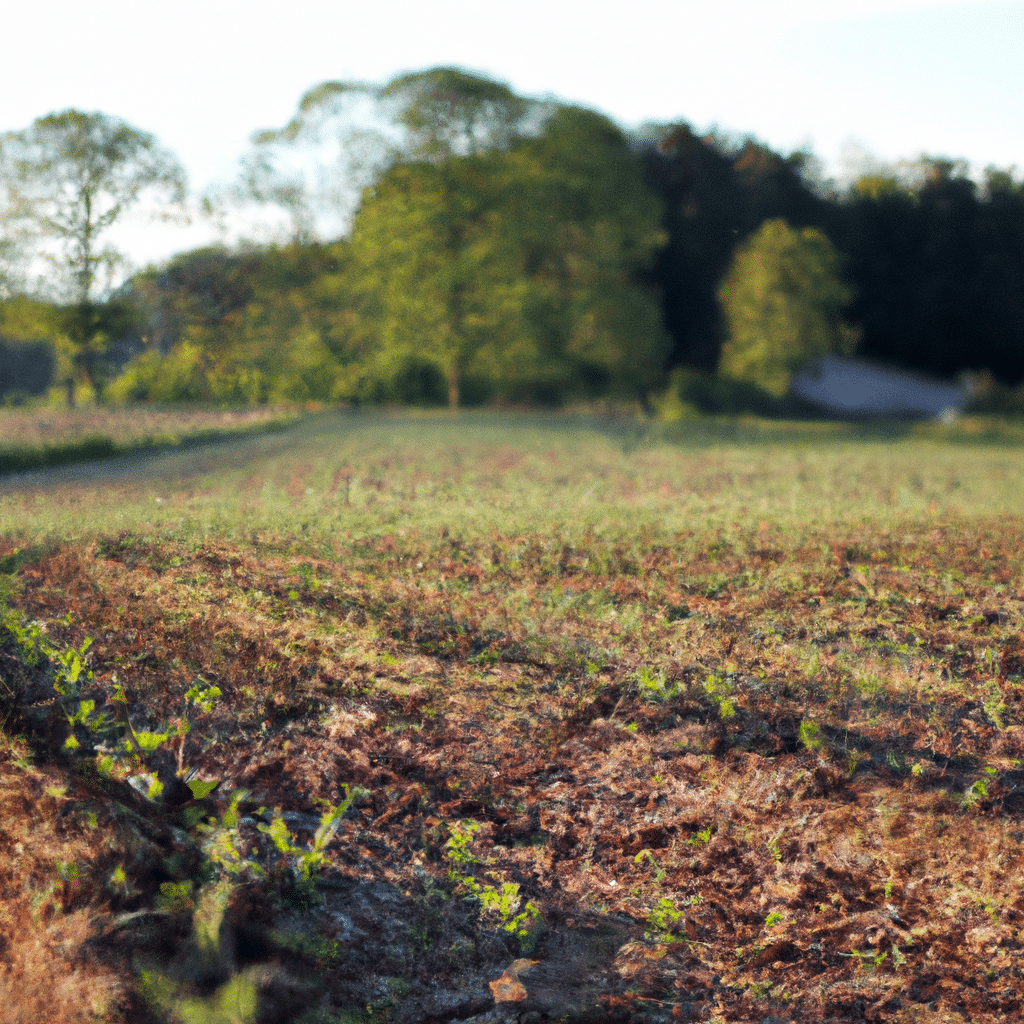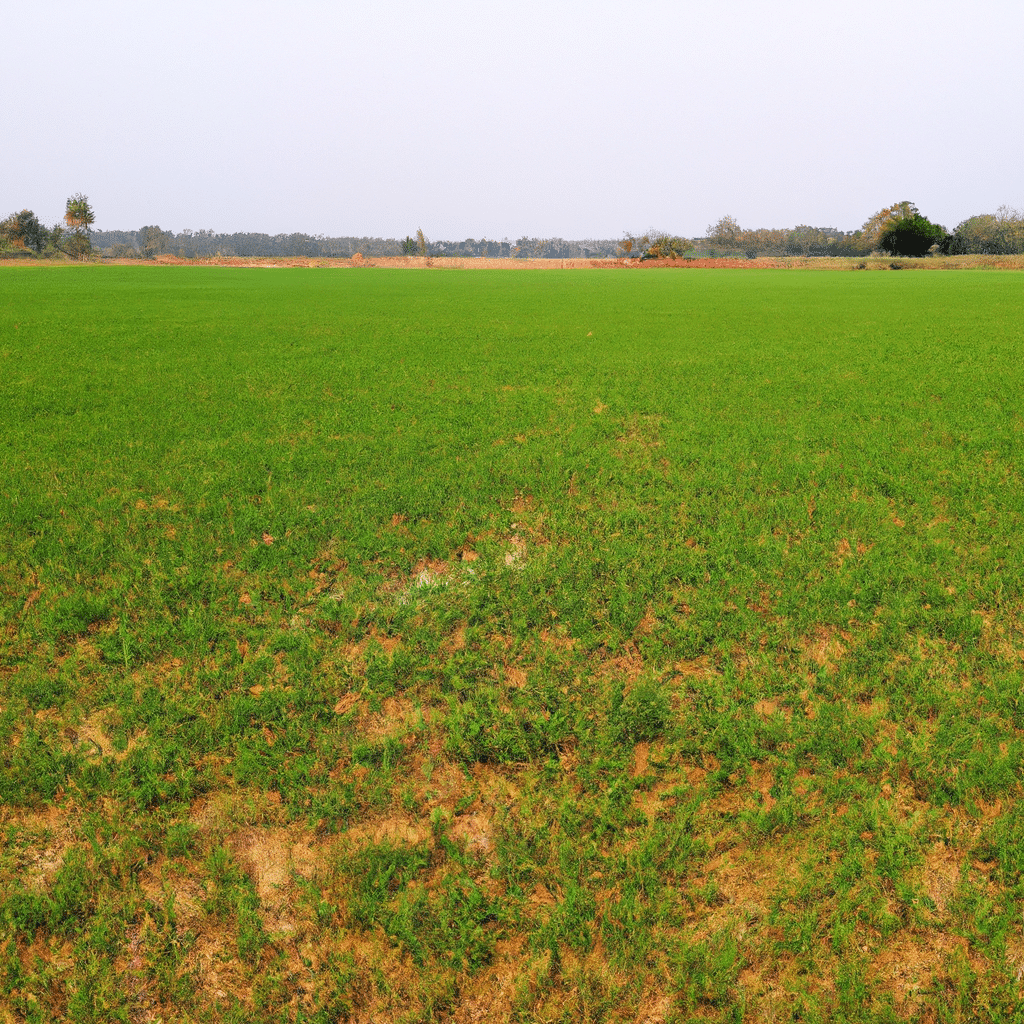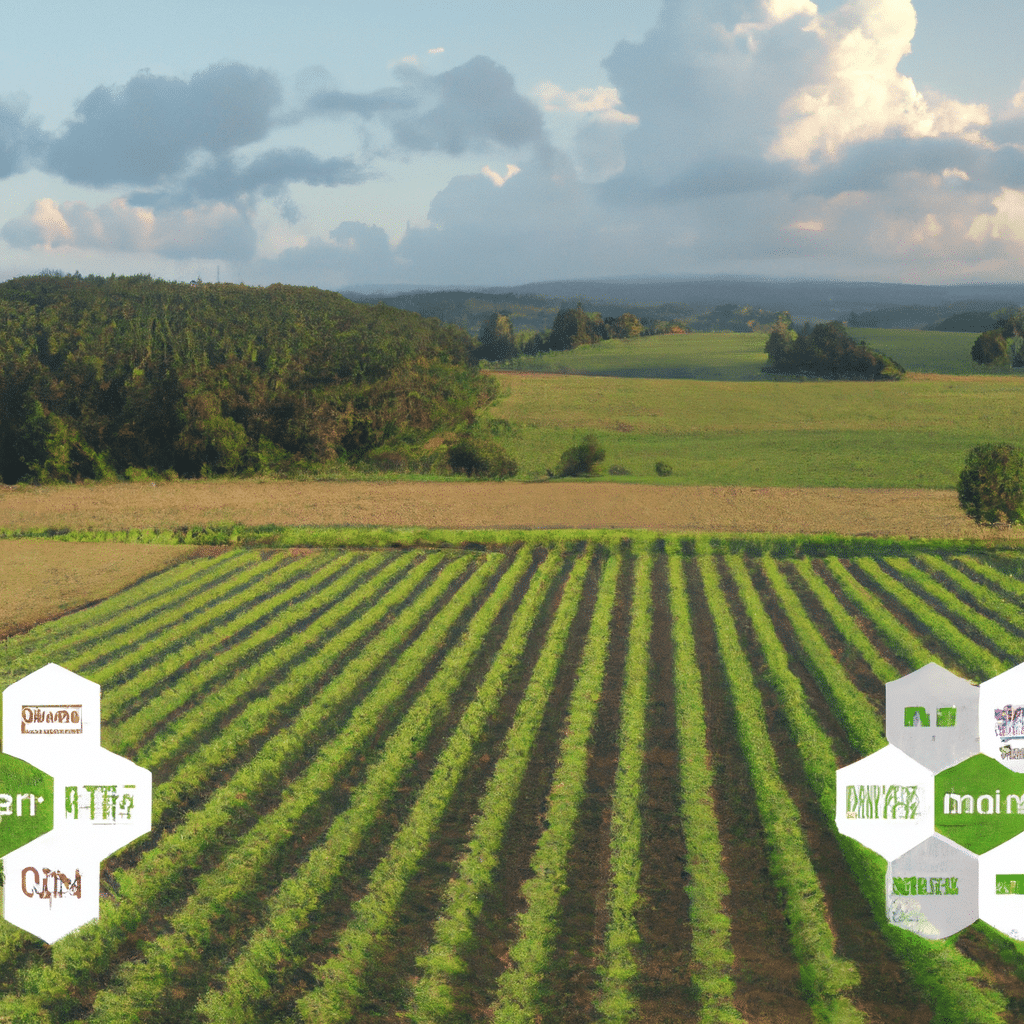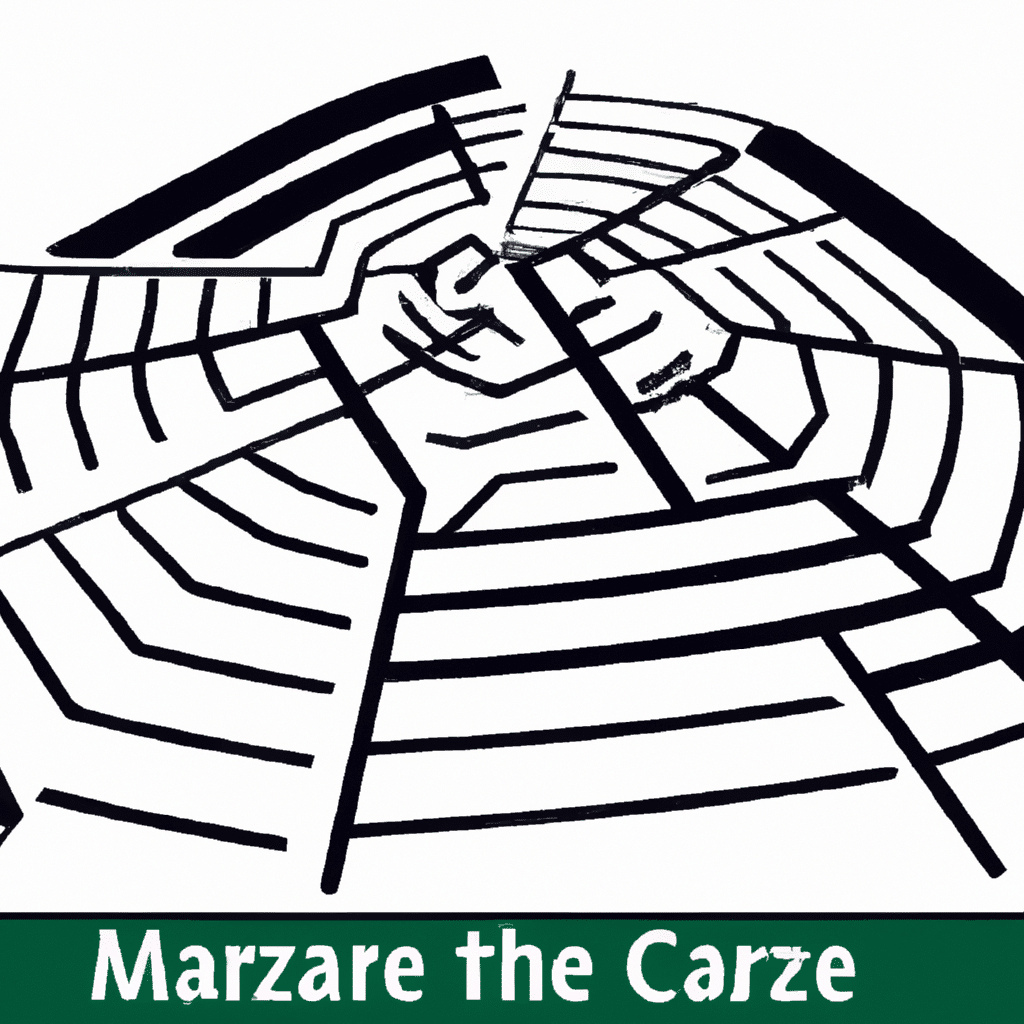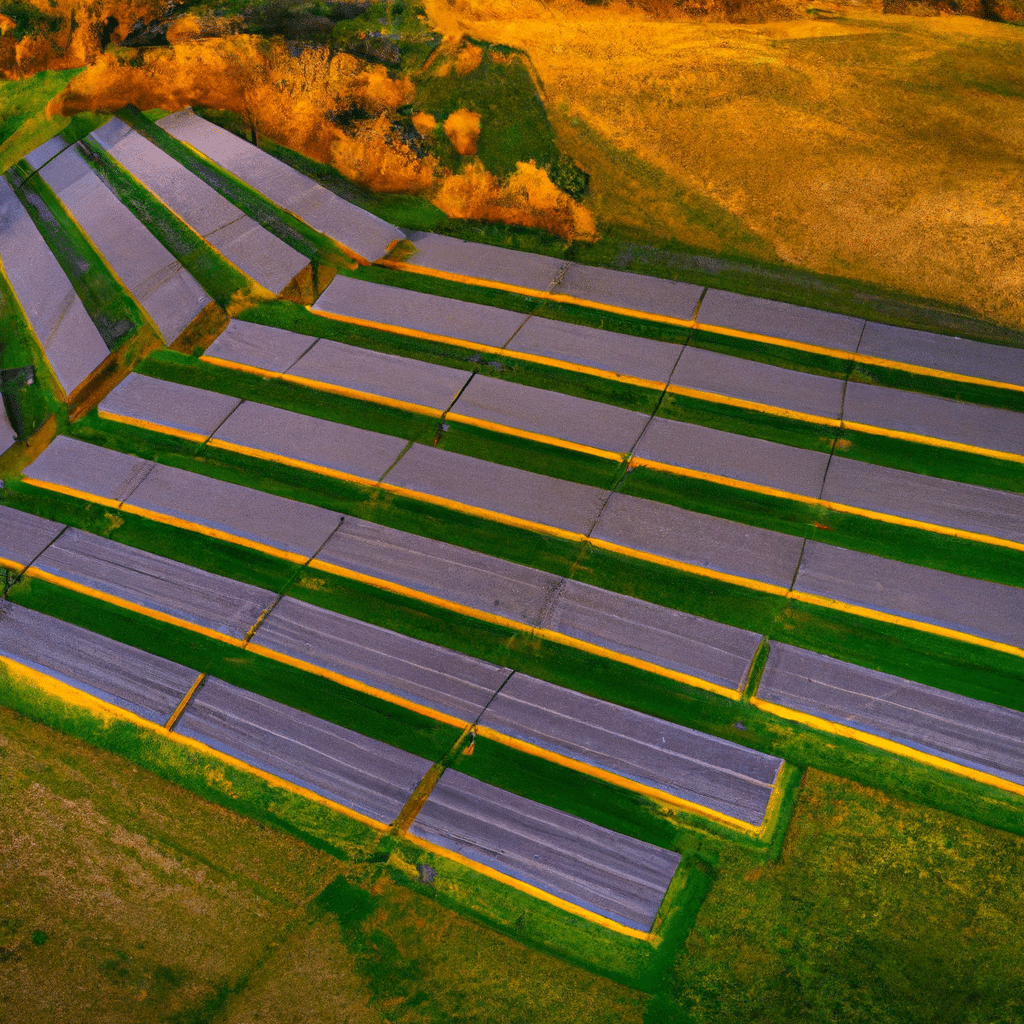In today’s fast-paced and interconnected world, consumers are increasingly concerned about the safety and quality of the food they consume. With growing instances of foodborne illnesses, contamination, and fraud, there is a pressing need for a more transparent and traceable food supply chain. This is where blockchain technology comes into play. In this article, we will explore how blockchain is revolutionizing the food industry, ensuring transparency, and enhancing traceability from farm to fork.
The Problem with Traditional Food Supply Chains
Traditional food supply chains are complex and often involve multiple stakeholders, including farmers, suppliers, distributors, retailers, and consumers. However, the lack of transparency and traceability in these supply chains poses significant challenges. Here are some of the key issues:
1. Lack of Trust
Consumers want to know where their food comes from and how it is produced. However, traditional supply chains often lack transparency, making it difficult for consumers to trust the origin and quality of the products they purchase.
2. Inefficient Recall Process
In the event of a food safety issue or product recall, traditional supply chains struggle to quickly and accurately identify the source of the problem. This delay can result in further harm to consumers and damage to the reputation of the entire industry.
3. Counterfeit and Fraudulent Products
Counterfeit and fraudulent products are a significant concern in the food industry. Without proper traceability, it is challenging to identify and eliminate these counterfeit products, putting consumers at risk and undermining the integrity of the supply chain.
The Role of Blockchain Technology
Blockchain technology, popularized by cryptocurrencies like Bitcoin, offers a decentralized and immutable ledger system that can address the challenges faced by traditional food supply chains. Here’s how blockchain is transforming the industry:
1. Enhanced Transparency
Blockchain provides a transparent and tamper-proof record of every transaction and event that occurs within the supply chain. This transparency allows consumers to track the journey of their food from the farm to their plate, providing them with confidence in the authenticity and quality of the products they consume.
2. Improved Traceability
With blockchain, every participant in the supply chain can record and verify their activities, creating an auditable trail of the product’s journey. This end-to-end traceability enables swift identification of the source of any contamination or quality issue, facilitating targeted recalls and minimizing the impact on consumers.
3. Smart Contracts for Trust
Blockchain’s smart contract functionality enables the automation and execution of predefined rules and conditions. This feature enhances trust between stakeholders by ensuring that agreements are executed as intended, without the need for intermediaries. For example, payment to farmers can be automatically triggered once the predefined quality parameters are met.
4. Anti-counterfeiting Measures
Blockchain technology can be leveraged to create unique digital identities for each product, stored securely on the blockchain. This enables consumers and stakeholders to verify the authenticity of a product by scanning its unique identifier. Counterfeit products can be easily identified and eliminated from the supply chain, protecting consumers and maintaining the integrity of the industry.
Successful Implementations of Blockchain in the Food Industry
Several companies and organizations have already embraced blockchain technology to enhance transparency and traceability in the food supply chain. Here are a few noteworthy examples:
1. Walmart and IBM’s Food Trust
Walmart, in partnership with IBM, launched the Food Trust platform, powered by blockchain technology. This platform allows Walmart and its suppliers to track the origin and movement of products in real-time, ensuring transparency and improving the efficiency of recalls.
2. Nestlé’s Milk Supply Chain
Nestlé, one of the world’s largest food and beverage companies, has implemented blockchain technology in its milk supply chain. By using blockchain, Nestlé can monitor and verify the quality and safety of milk from farm to processing facility, giving consumers peace of mind.
3. Carrefour’s Blockchain-based Traceability System
Carrefour, a global retail giant, has implemented a blockchain-based traceability system for its products. This system allows consumers to scan a QR code on the product’s packaging and access detailed information about its journey, including the farm it came from and the production process involved.
The Future of Blockchain in the Food Supply Chain
As blockchain technology continues to evolve, its potential in the food industry is immense. Here are some future possibilities:
1. Supply Chain Optimization
Blockchain can streamline supply chain operations by eliminating intermediaries and automating processes. This will reduce costs, improve efficiency, and ensure faster delivery of products to consumers.
2. Sustainability and Fair Trade
Blockchain can enable the tracking of sustainable and fair trade practices, ensuring that consumers have access to ethically sourced products. This will empower consumers to make informed choices and promote responsible production practices.
3. Quality Assurance and Certification
Blockchain can be utilized to verify and certify the quality and authenticity of food products. This will enable consumers to easily identify products that meet specific standards, such as organic or non-GMO, fostering trust and promoting healthier choices.
Conclusion
Blockchain technology has the potential to revolutionize the food industry by ensuring transparency and traceability in the supply chain. With enhanced trust, improved recall processes, and the ability to combat counterfeit products, blockchain is paving the way for a safer and more reliable food system. As more companies and organizations adopt blockchain solutions, consumers can look forward to a future where they have complete visibility into the journey of their food, from farm to fork.
